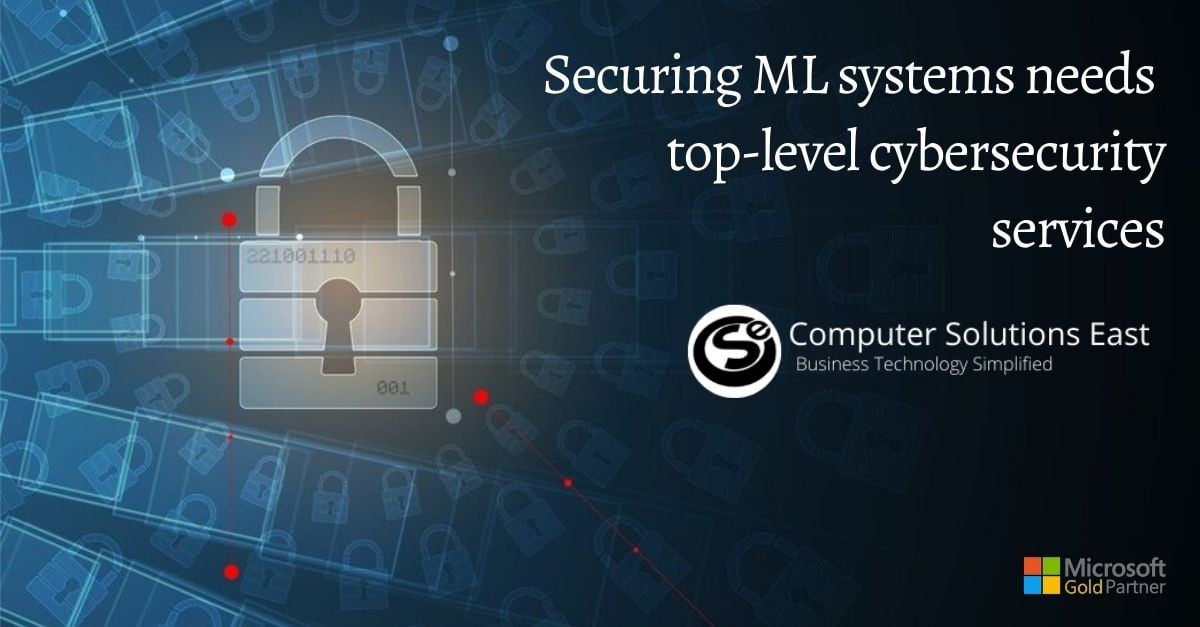How to Protect Student Devices at Home?
When the coronavirus pandemic struck in the spring of 2020, several school districts already had one-to-one device deployment. Still, many had never sent devices home with students. The pandemic offered several significant challenges which best-managed security service providers can address. For example, securing devices such as Chromebooks while they are not on school property became a priority. Additionally, cost containment necessitated a well-thought-out approach. As schools plan for the upcoming academic year, they must take the following actions to address device problems.

Insurance Plans
Numerous schools enable parents to purchase gadget insurance quickly and inexpensively through a third party. These are encouraged by the best-managed security service providers as parents often only need to click a link and provide their payment information to acquire coverage. Then, if a device is lost or damaged, parents are not required to spend loads of money on replacing it. School administrators may threaten to withdraw report cards — or even diplomas — from students and their families who fail to pay for broken equipment, but such sanctions are challenging to implement in practice. Insurance policies can assist keep things from reaching that point in the first place.
Protective Cases
A good case or cover can transform a 5-foot drop into a non-event. Previously, schools that kept Chromebooks and other gadgets on carts in classrooms may not have safeguarded them in this manner. However, if pupils are suddenly bringing electronics home, an additional degree of protection enabled by IT security services providers is necessary.
Extra Devices
It is not uncommon for school districts to maintain an excess of gadgets on hand if required. However, with some Chromebooks retailing for as little as $200 to $300, this is an increasingly reasonable option offered by best-managed security service providers to ensure that students never miss out on learning opportunities due to damaged gadgets.
Policies and Training
A little guidance on proper equipment handling and care can go a long way. It may sound elementary, but it is critical to cultivate a culture in which children understand acceptable and unacceptable behavior. For example, schools can emphasize the need to close a laptop screen when transporting a device between rooms, ban students from having open beverages near their gadgets, and instruct students on cleaning a machine without destroying the circuit board. Nothing is too blatant. When laptops included CD drives, students (and occasionally adults) were sometimes reminded not to use them as cup holders.
Tracking Software
Certain schools are simply unaware of the location of many of their gadgets at any given time. For instance, they may have sent computers or tablets home with pupils forced to relocate due to the pandemic. Hiring the best-managed security service providers for tracking software can assist schools in locating and disabling gadgets that are not returned.

Equipping more durable devices
This may seem self-evident, but one efficient approach for schools to reduce device maintenance costs is to opt for rugged devices. Occasionally, a laptop that costs only slightly beyond an otherwise identical model will have a significantly better track record of surviving several school years without incident. In these instances, managed IT services firms can help schools frequently benefit from purchasing more robust equipment to prevent some of the costs and problems connected with device damage.
Inexpensive electronics can wind up in the most unusual locations. Numerous firms, including Google, offer services that assist in locating lost devices; however, these capabilities must be enabled before the item becoming lost. Before leaving the house, all take-home gadgets should have location services enabled. Another possibility is to use a Bluetooth-enabled chip linked to commonly misplaced things.
While schools enthusiastically embrace digital devices and services in the classroom—and educational technology companies scramble to keep up—student privacy is rarely given the attention it needs.
Our best managed security service providers provide ample survey evidence and legal analysis together that enable a user-centered framework for characterizing the challenges and hazards associated with student privacy, most notably a lack of transparency, a lack of choice, and a technological landscape that has outrun legislative safeguards. As outlined in our recommendations, parents, students, and school personnel can work together with IT and business consulting, advocating for and increasing student privacy awareness.
Ultimately, top IT managed services companies provide a meaningful improvement in student data protection, requiring changes in state and federal law, school and district priorities, and ed-tech company policies and practices.


